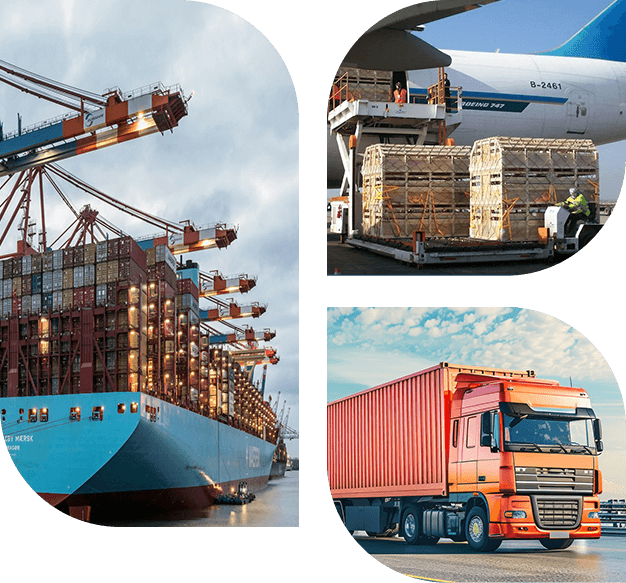The Indispensable Role of Transportation in Global Trade
Transportation plays a pivotal role in facilitating global trade, connecting businesses and consumers across the world. It serves as the backbone of the global economy, enabling the movement of goods, services, and people. In this blog post, we will explore the multifaceted importance of transportation in global trade, highlighting its impact on economic growth, market accessibility, supply chain efficiency, and environmental sustainability.
- Enhancing Economic Growth:
Transportation is a catalyst for economic growth, as it enables the exchange of goods and services on a global scale. Efficient transportation networks connect producers with consumers, allowing businesses to expand their markets and reach new customers. By reducing trade barriers and increasing market accessibility, transportation fosters competition, innovation, and specialization, leading to increased productivity and economic development. - Enabling Global Market Access:
Global trade heavily relies on transportation to overcome geographical barriers and connect distant markets. Efficient transportation systems, including air, sea, and land routes, facilitate the movement of goods between countries, enabling businesses to access raw materials, intermediate inputs, and finished products from different parts of the world. This interconnectedness promotes international trade, diversifies supply chains, and enhances consumer choice. - Ensuring Supply Chain Efficiency:
Transportation is a critical component of supply chain management, ensuring the smooth flow of goods from production to consumption. Timely and reliable transportation services minimize inventory holding costs, reduce lead times, and optimize production processes. By providing efficient logistics solutions, transportation enables businesses to meet customer demands, maintain competitive pricing, and enhance overall supply chain efficiency. - Promoting Regional and International Integration:
Transportation infrastructure projects, such as roads, railways, ports, and airports, foster regional and international integration. They facilitate the movement of people, goods, and capital, promoting cultural exchange, knowledge transfer, and foreign direct investment. Improved connectivity through transportation networks encourages collaboration, cooperation, and economic integration among nations, leading to shared prosperity and mutual development. - Addressing Environmental Sustainability:
While transportation is vital for global trade, it also poses environmental challenges. The transportation sector is a significant contributor to greenhouse gas emissions and air pollution. However, advancements in technology and the adoption of sustainable practices are transforming the industry. Electric vehicles, alternative fuels, and efficient logistics systems are reducing the carbon footprint of transportation, promoting environmental sustainability, and aligning with global efforts to combat climate change.
Conclusion:
Transportation is the lifeblood of global trade, enabling the movement of goods, services, and people across borders. Its importance extends beyond mere logistics, as it drives economic growth, enhances market accessibility, optimizes supply chains, and fosters regional integration. However, the transportation sector must also address environmental concerns to ensure a sustainable future. By recognizing the indispensable role of transportation in global trade, we can strive for efficient, resilient, and environmentally friendly transportation systems that benefit economies and societies worldwide.


